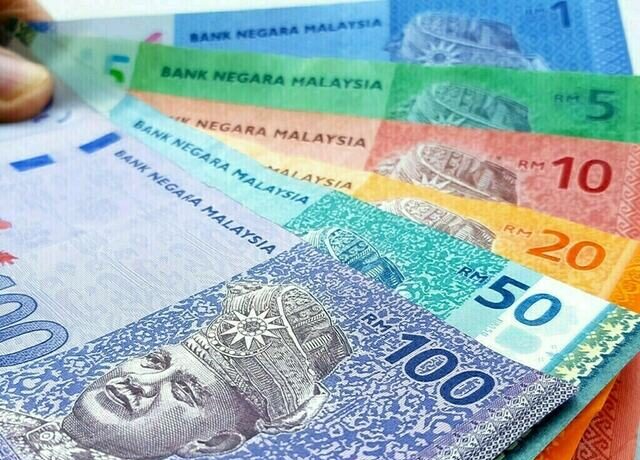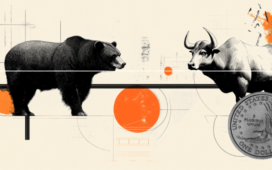BENGALURU: Malaysia’s currency was the top loser among a group of downbeat Asian currencies on Monday as markets factored in a negative outlook for the country’s biggest trading partner, China, while Singapore stocks touched a record high, led by top bank DBS.
The ringgit, which outperformed its Southeast Asian peers in 2024, dropped up to 0.7% during the day, as investors price in a gloomy outlook for China amid a trade war with the United States. Stocks in Kuala Lumpur were trading 0.1% lower.
US President Donald Trump’s initial 10% tariff on Chinese imports is expected to negatively impact trade-dependent Malaysia, further putting pressure on the ringgit, as it is highly sensitive to weakness in the yuan.
Maybank analysts, however, expect the ringgit to stand out positively from its peers after investors fully factor in the effects of the US tariffs on China.
“Although it (ringgit) is more sensitive to Chinese yuan weakness compared to others, its stronger fundamentals would help offset some of the negative impact,” the analysts said in a note.
Malaysian equities recorded their fourth straight month of investor selling in January, with outflows reaching $701 million in the first month of 2025. Since October, the net outflows have reached $2.5 billion, further putting downside pressure on the ringgit.
Other currency markets in developing countries were mostly downbeat, with the Philippine peso, Taiwan dollar
and Indonesian rupiah dragging between 0.1% and 0.5% after Trump unveiled plans to impose 25% tariffs on all US imports of steel and aluminium.
The market’s initial knee-jerk reaction to those levies pushed the dollar higher, said Lemon Zhang, a strategist at Barclays in Singapore.
“This also explains underperformance in high-beta currencies or commodity-related currencies, especially those with thin liquidity on early Monday morning.”
Equities in Singapore touched a record high on Monday after an earnings report from its biggest lender, DBS. The share market gained as much as 1.6% during the day.
Shares in DBS soared 4.1% to a record high as it flagged an improvement in net interest income for 2025 and tabled a new shareholder payout plan.
Jefferies analysts cheered the bank’s proposed 60 Singapore cents dividend for 2025 along with the S$3 billion ($2.21 billion) buyback announced last quarter.
Other equity markets in the region were mostly mixed with shares in Bangkok and Taipei dragging 0.8% and 0.9%, while stocks in South Korea added 0.1%.





